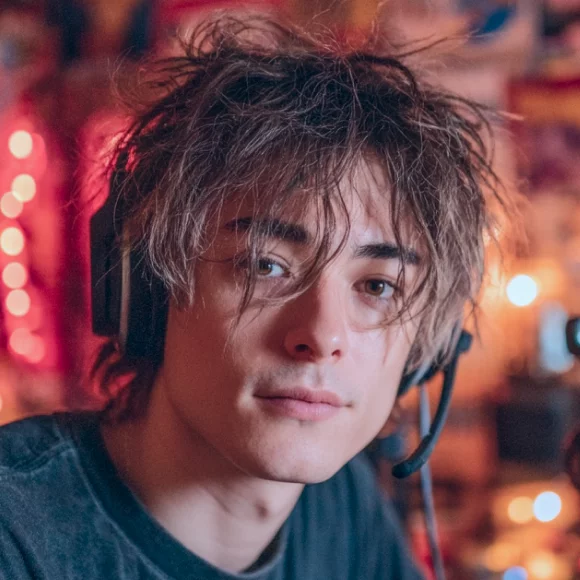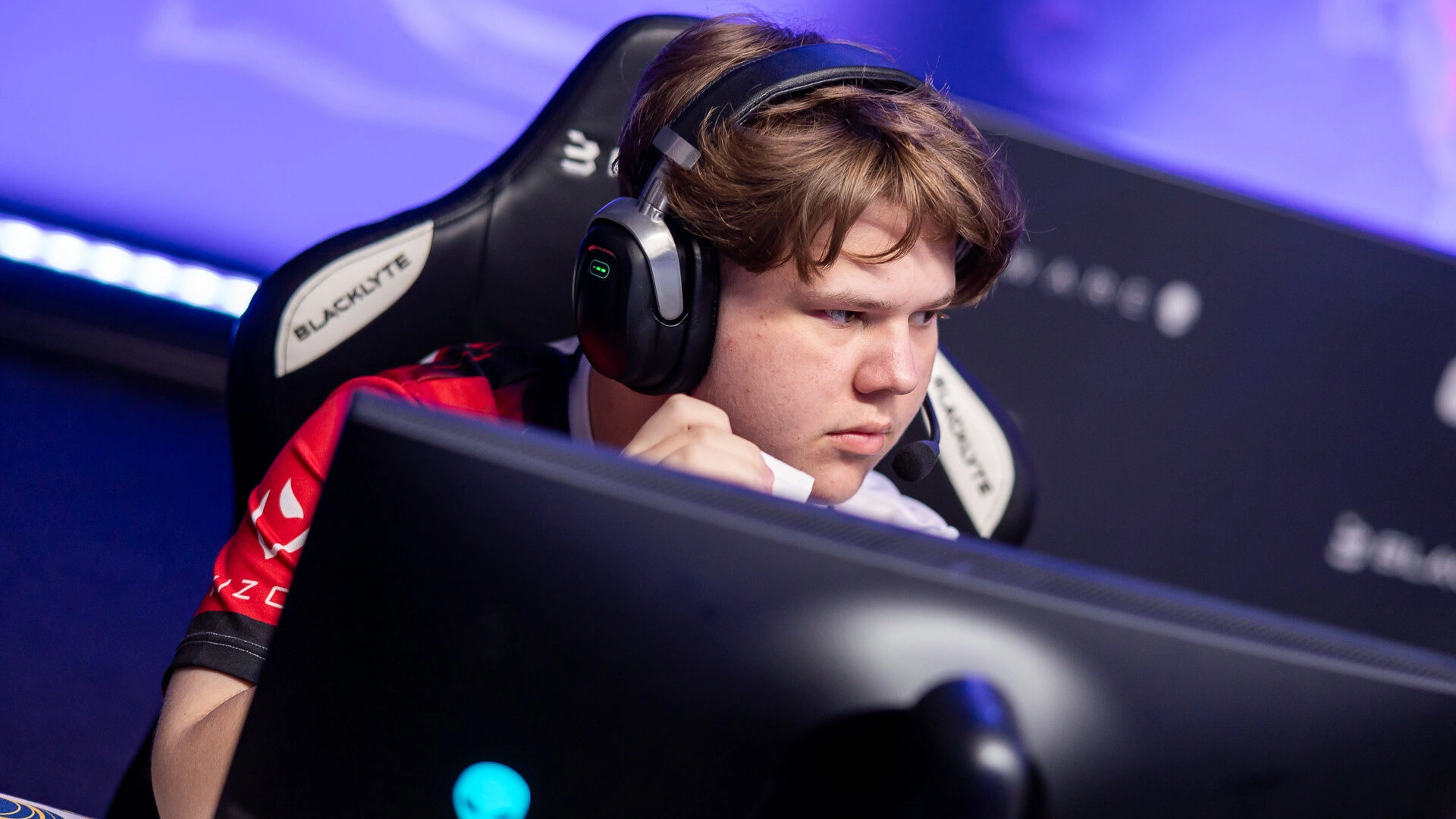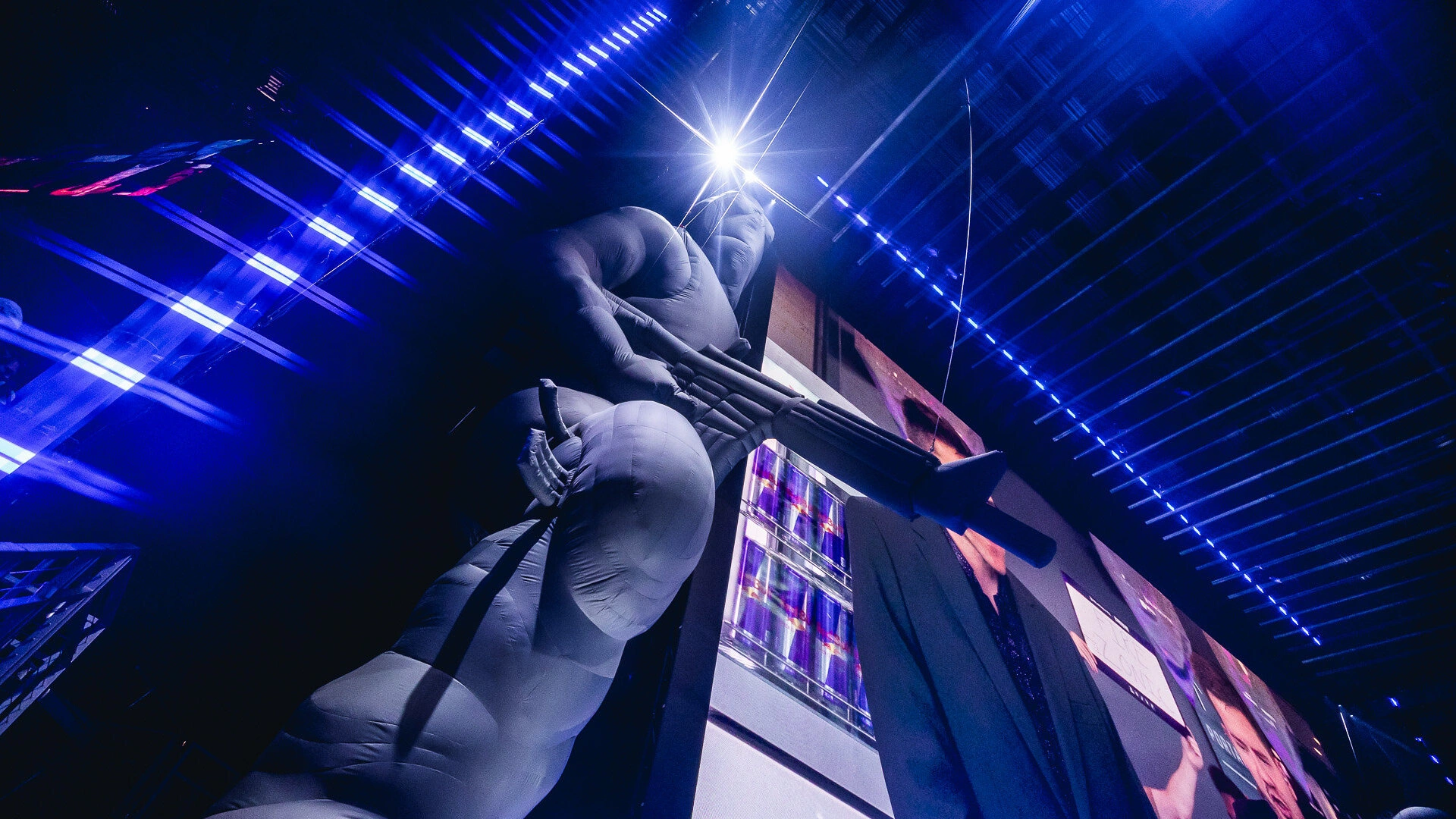In the final days of May 2025, the esports community was shaken by an emotional statement from BESTIA player Tomaszin, who openly shared his mental state amid visa issues ahead of the Counter-Strike 2 Austin Major. His post on X (Twitter) quickly went viral, forcing many to rethink the realities professional players live and work in beyond the spotlight.
“At this point, I just want this situation to end… It’s consuming me from the inside. It’s been nearly a month since I could even eat.”
Visa Issues: A Blow to the Dream
Argentinian team BESTIA had every chance to compete at the major tournament in the U.S. but hit a bureaucratic wall. Even though over 60% of the players have secured travel clearance and the team has a substitute and coach ready, they still face exclusion. The reason? A lack of flexibility from organizers like Valve and BLAST, who, according to Tomaszin, have provided no support in a situation that calls for empathy and understanding.
“You are also responsible for this,” Tomaszin addressed the tournament organizers.
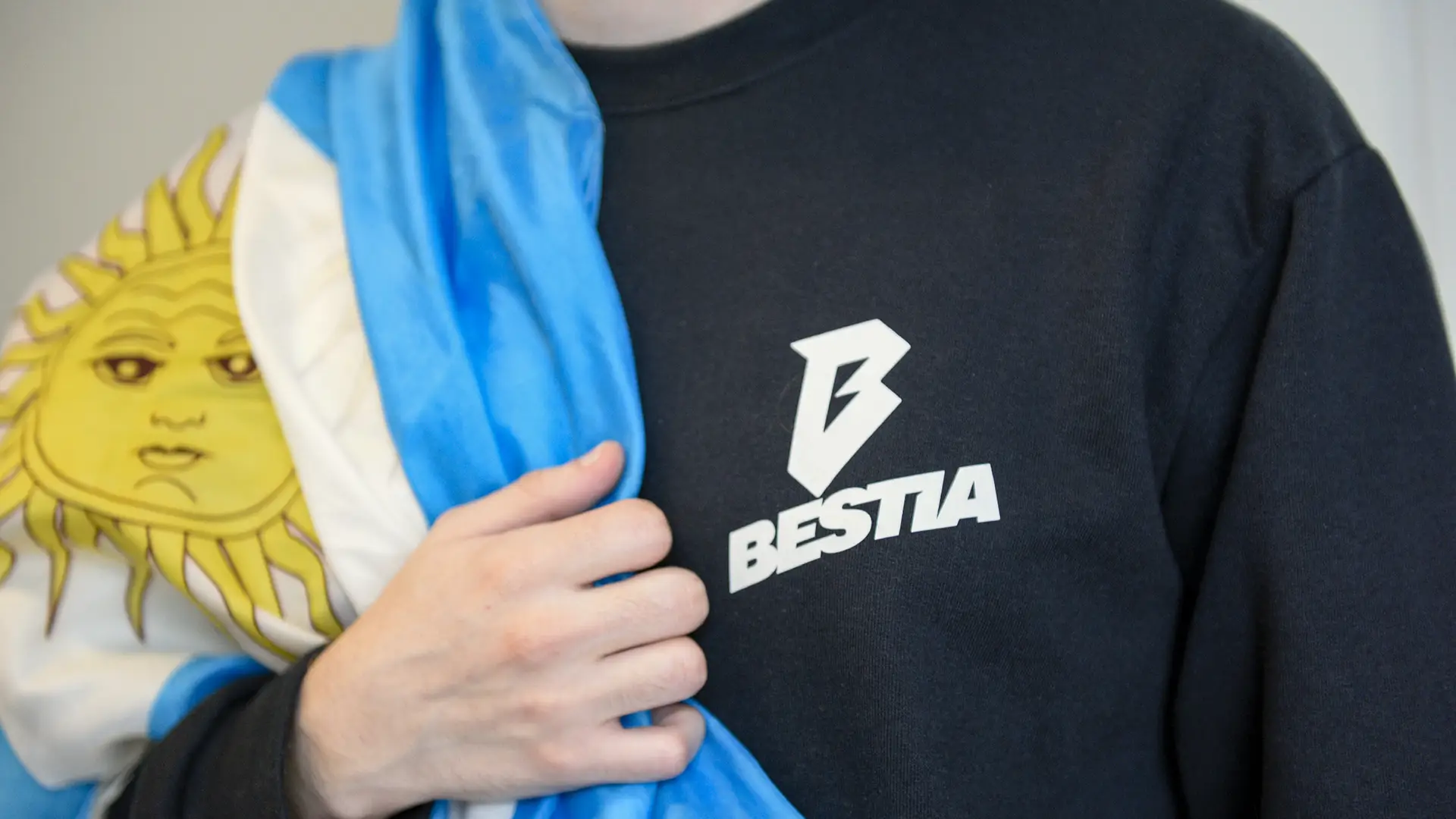
Mental Pressure — The Dark Side of Esports
This tweet wasn’t just a cry for help—it was a stark reminder that behind every on-stage victory are real people vulnerable to stress, anxiety, and burnout. Tomaszin revealed he’s struggled with anxiety for years, and now, when his team is on the cusp of realizing their dream, he feels completely drained:
“There’s not a minute that I’m not thinking about it. It’s burning me from the inside.”
The Power of Community: #ArgentinaAlMundial
Despite the disappointment, Tomaszin isn’t giving up. He urged fans to continue their support online by spreading the hashtag #ArgentinaAlMundial, which has become a symbol of the fight for fairness for BESTIA. The response was overwhelming—players, fans, and even other professional teams rallied behind the initiative. Influential user Ozzny retweeted the message, bringing even more attention to the issue.
“Thank you for not stopping online. You’re the only reason we haven’t lost faith.”
Community Reaction: Outrage, Support, and Sarcasm
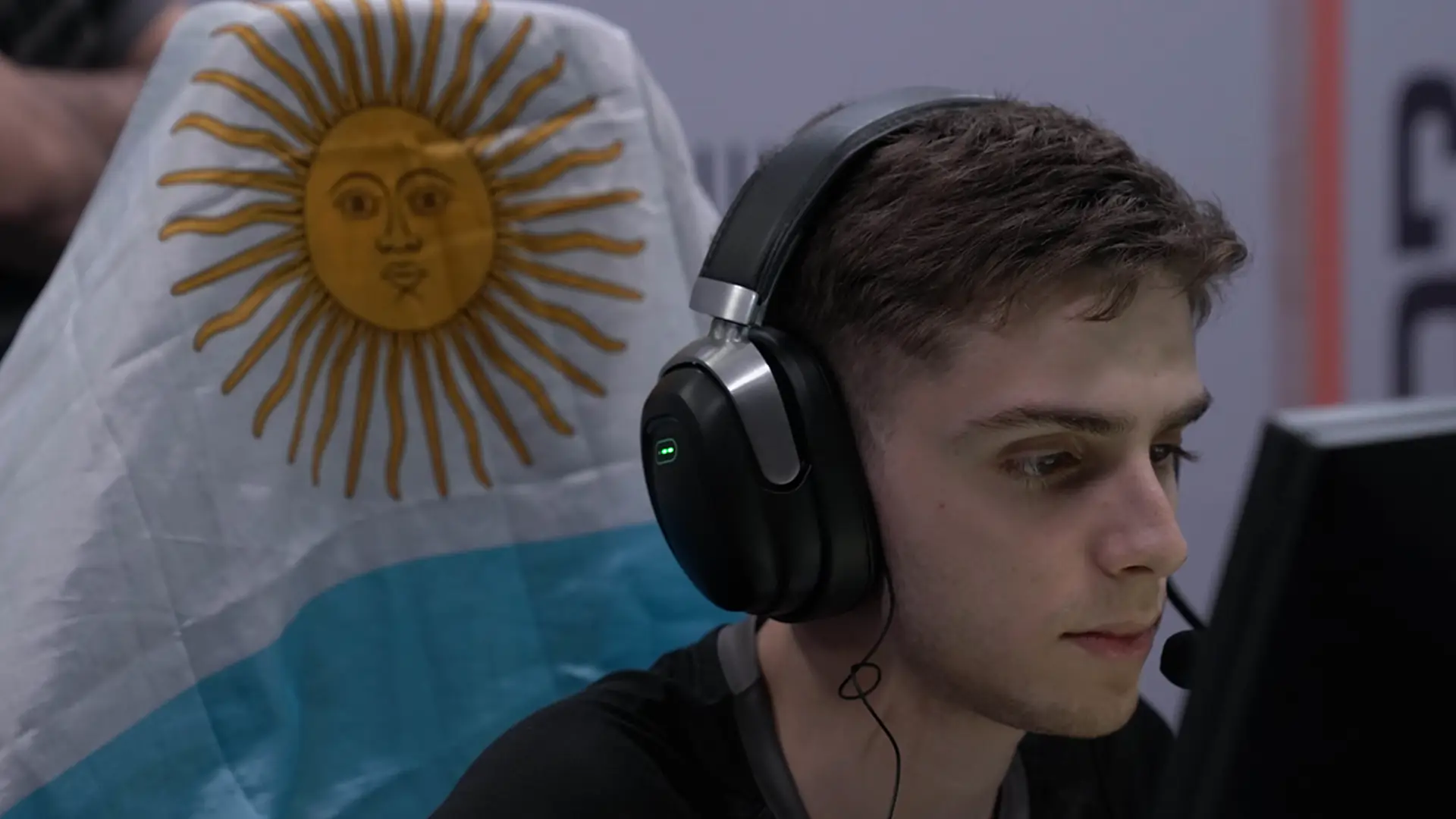
Following Tomaszin’s post, X was flooded with hundreds of messages bearing the hashtag #ArgentinaAlMundial. Notable players, journalists, and fans voiced their anger:
- @AliOjinCS ironically remarked: “#ArgentinaAlMundial ” in support of the movement;
- @notfunnyyuan compared the situation to GL’s case in Copenhagen, hinting at potential team substitutions;
- @smokeasakk sarcastically noted: “They really want that sticker money”;
- @ggasainiev questioned: “Why are majors still hosted in a country responsible for 99% of visa issues?”;
- @guochigrill tagged the U.S. embassy and ambassador, urging diplomatic action;
In the Portuguese-speaking community, @niiiickbecker proposed forming a players’ association to force Valve to allow emergency substitutions in critical situations.
This wave of discussion underscores the broader nature of the issue—it goes beyond one team or country.
BESTIA’s story isn’t just about a single tournament. It highlights a systemic issue affecting many teams from countries where obtaining a U.S. visa is a challenge. While European and North American players often enjoy more mobility, talented teams from Latin America, Asia, and Africa face barriers that rob them of opportunities to shine.
This incident should serve as a wake-up call for organizers to rethink their policies: flexible rules, transparent support systems, timely communication, and genuine accountability for players’ futures should become the standard—not the exception.








